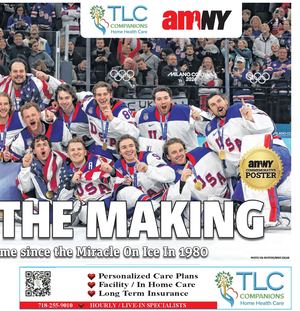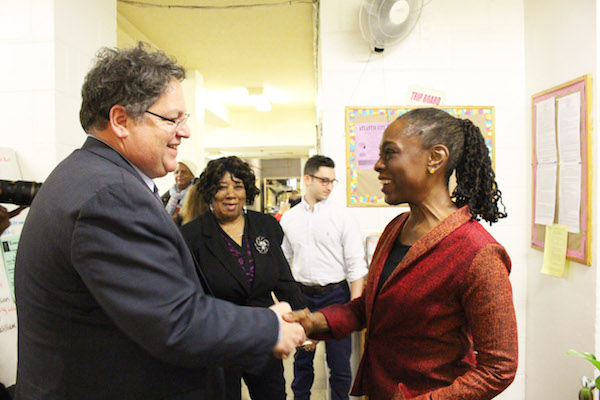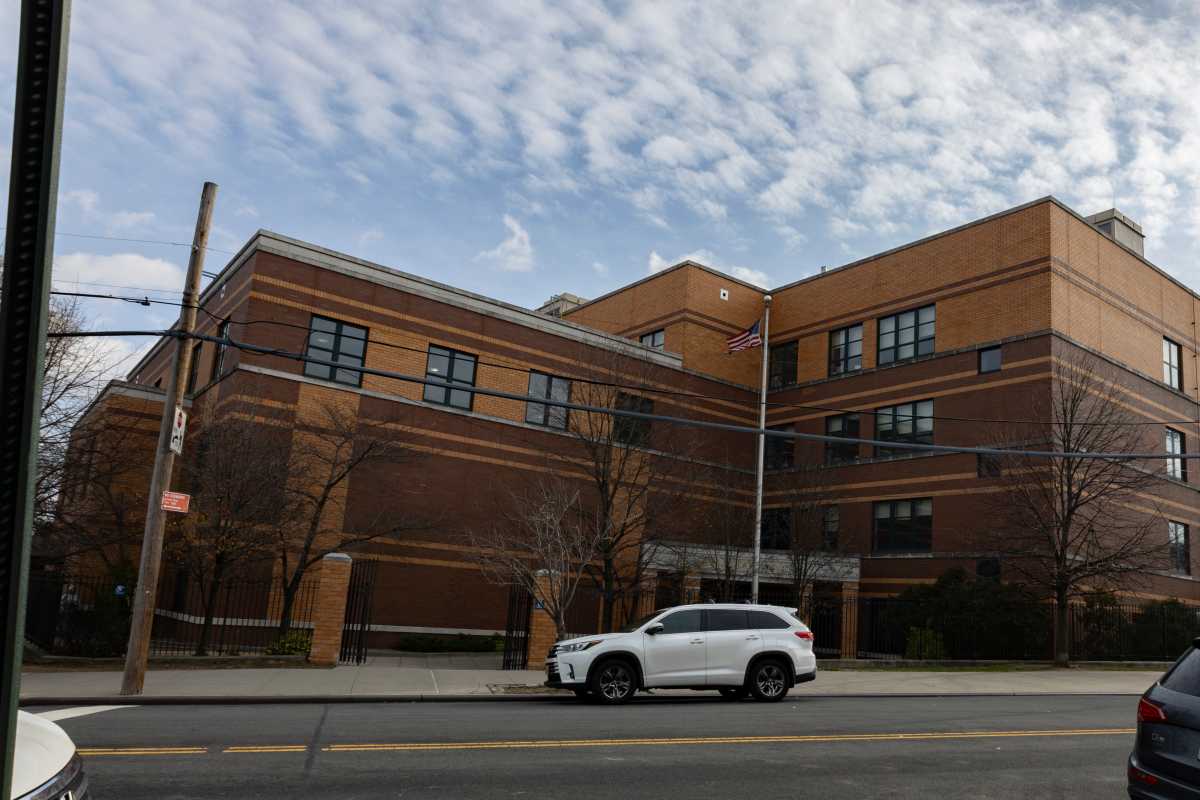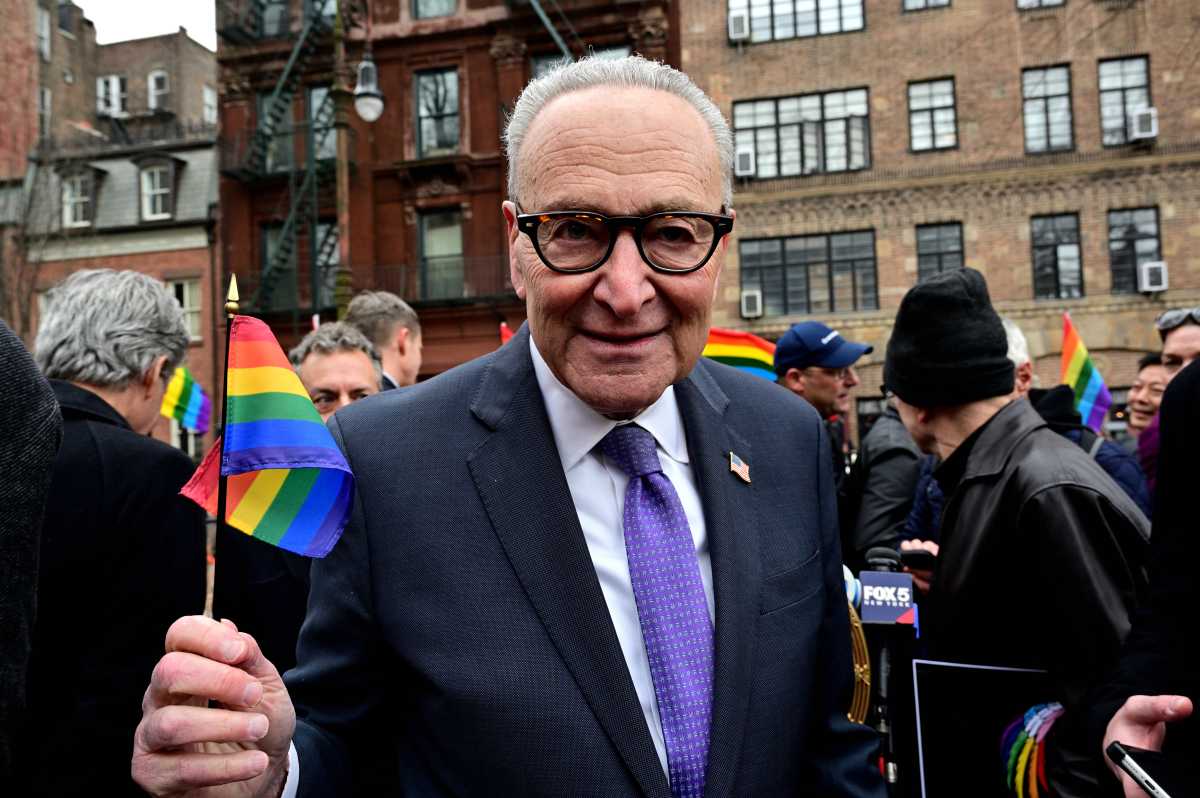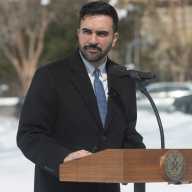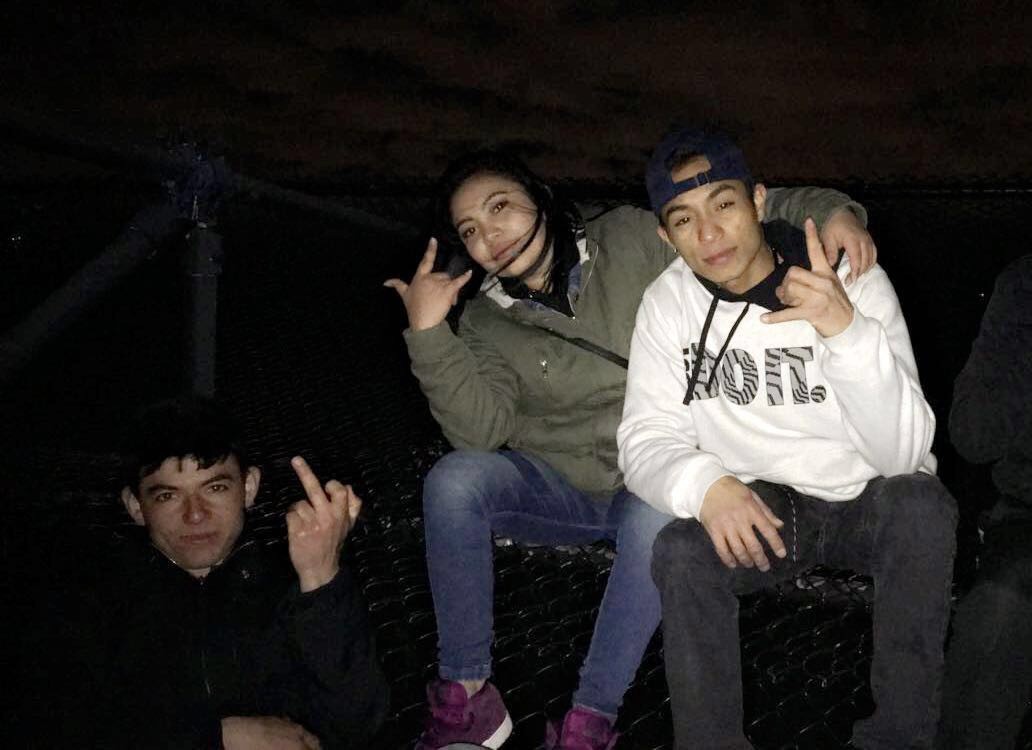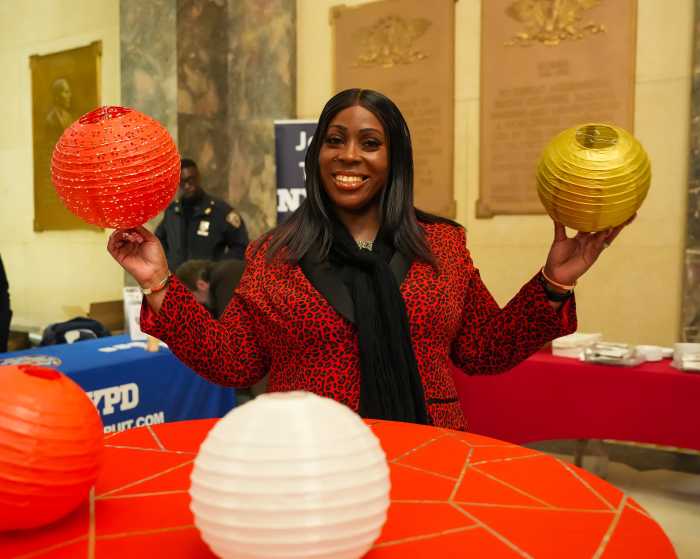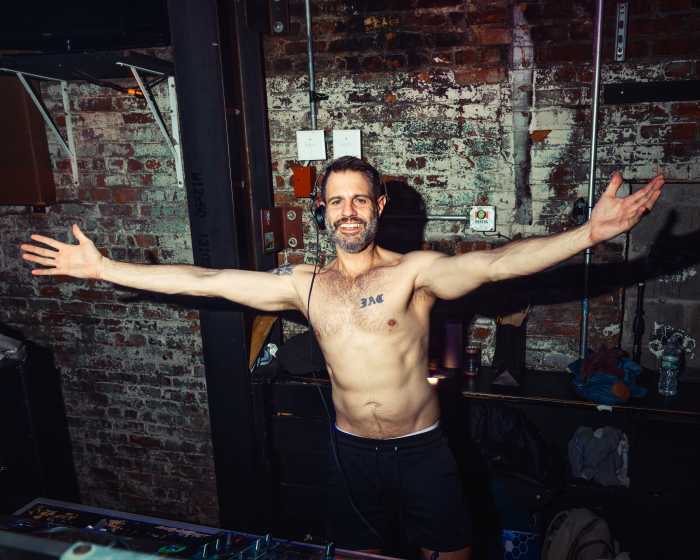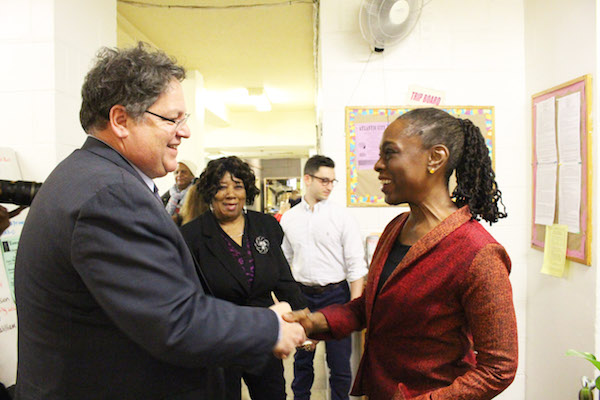
BY COLIN MIXSON | A more than century-old community-based organization serving families in Chelsea was recently awarded a generous grant through ThriveNYC (nyc.gov/thriveNYC), an $850 million city health care initiative championed by NYC First Lady Chirlane McCray. The grant provides the organization with the necessary funds to hire new staff and to provide special training in innovative new techniques that enable staff to enhance the lives of children, by helping the people they rely on the most.
“For the first time this gives us the opportunity to work on mental health issues specifically for parents of children in our early childhood programs,” said Ken Jockers, Executive Director of Hudson Guild (hudsonguild.org). “We know that what affects parents, ultimately affects kids.”
Through the grant, called Connections to Care (C2C), Hudson Guild will bridge services provided by Hudson Guild’s Early Childhood Education (ECE) program and its Paula B. Balser Mental Health Clinic to enhance the lives of parents.
Specifically, the more than $400,000 grant will fund training for Guild family workers in a number of skill sets, endowing them with the means of screening the predominantly low-income parents of children ages 2–4 in its ECE program, and identifying the various mental health issues that may afflict them.
That boils down not only to fluency with regards to common mental health disorders and pinpointing their telltale symptoms, but also the dissemination of special techniques designed to put parents at ease and willing to discuss these types of uncomfortable topics.
Key among these innovative new methods is motivational interviewing, which assumes that clients approach counseling and the prospect of openly discussing highly personal subjects with varying levels of enthusiasm — namely, a lack thereof, according to Jockers.
“Motivational interviewing is a process of having a conversation with somebody about a topic that, typically, they are not fully ready to talk about,” he said. “It’s getting people to look at and hopefully address challenging issues.”
Motivational interviewing itself encompasses various counseling techniques, including asking open-ended questions, reflective listening, providing affirmation, and summarizing the client’s own statements.
The family worker’s counseling ability will be further augmented with Mental Health First Aid training, which focuses on responding to symptoms of mental illness and substance abuse.
Finally, the Guild’s family workers will become adept at psychoeducation, which focuses on empowering clients suffering from a variety of debilitating mental health disorders to affect change in their own lives with optimal results. This includes educating clients on the nature of their own mental health challenges, the type of treatments available to them, and the means of coping when in crisis.
The techniques that C2C will transfer onto Guild family workers are applicable when dealing with a number of mental health disorders, ranging from drug use to schizophrenia. However, Jockers says that the majority of parents with children enrolled in Hudson Guild’s ECE program are mainly afflicted by the more mundane, but no less harrowing mental fatigue of raising children in the context of poverty.
“Most of the families who come to Hudson guild are loving, strong, stable families, and their biggest challenge is they don’t have money,” he said. “For anybody, not having money is a stressful situation and so the families that we see regularly deal with the stress of poverty or low income, and the strains that that creates for individuals and families.”
Hudson Guild was selected by the city’s Department of Health and Mental Hygiene to receive its share of the $30 million Connections to Care grant, part of which was taken from the Mayor’s Fund to Advance New York City as part of ThriveNYC.
The Guild was selected amongst 14 community-based organizations following a competitive proposal process.
The city is optimistic that by increasing mental health services in communities, local clients will have greater success taking advantage of other service programs offered by Hudson Guild and the various other community-based organizations selected for the grant. To determine if this is the case, the Mayor’s Fund has contracted the RAND Corporation and the NYU McSilver institute for Poverty Policy and Research to scrutinize the newly subsidized programs, and evaluate their success over the next five years.
“In New York City, we are taking an innovative approach to expand access to mental health care,” said McCray. “By partnering with community leaders and community organizations, we will be able to provide services where people already are — where they live, work, worship and study, and get those services from people they already trust. This approach is a game changer, and one of the ways we will help New Yorkers on the path to wellness.”
